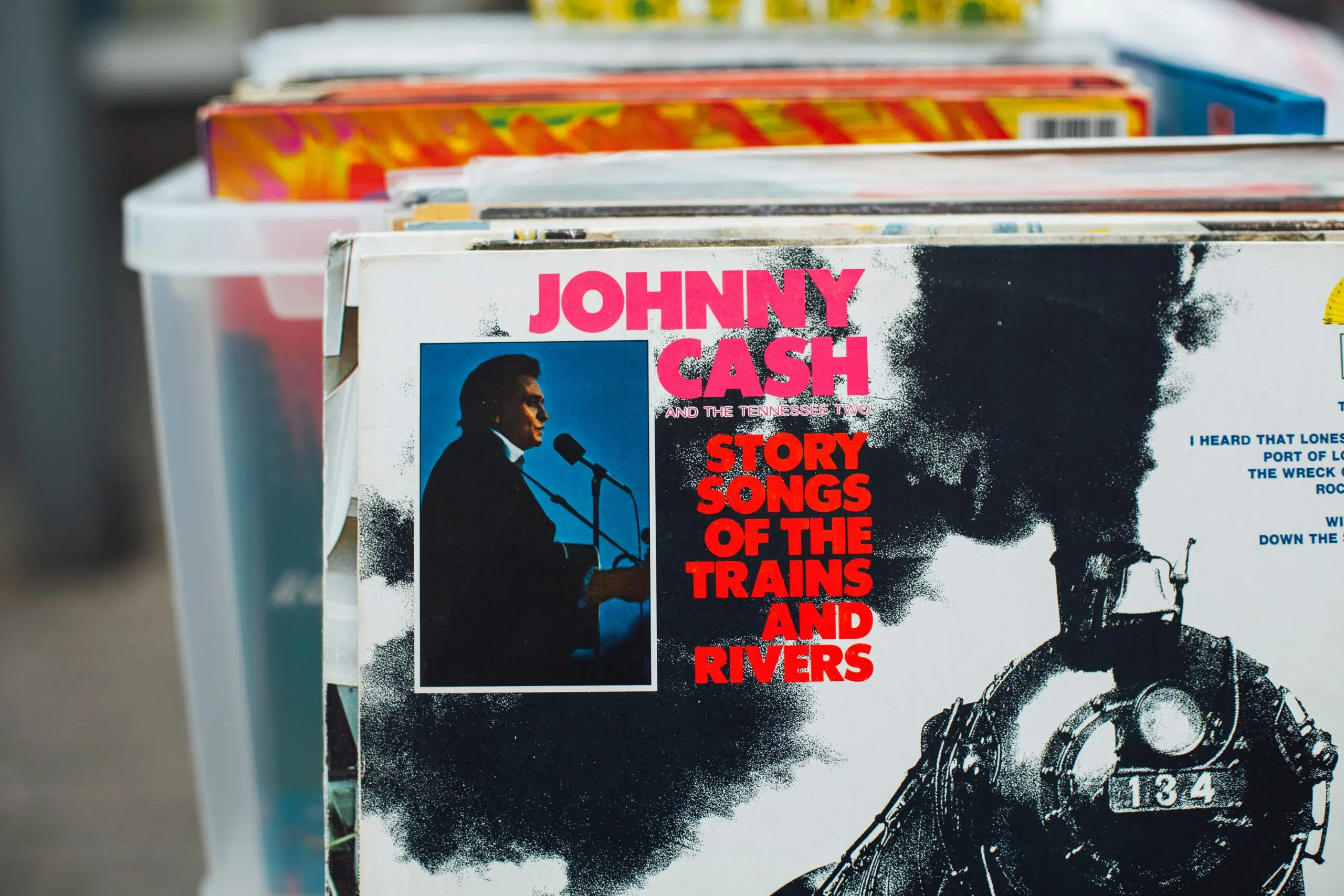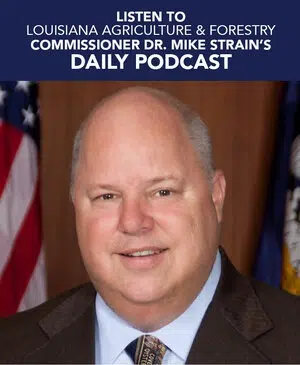Legislation to keep nonspecific murder ballad lyrics from being submitted as evidence in a criminal trial advances from House Criminal Justice. Houma Representative and attorney, Tanner Magee wants to preserve artistic expression but at the same time recognize that one might describe an actual murder in a song.
“And then that evidence does need to be in a trial. And nobody’s disputing that, if you describe an actual murder or it shows your intent that that music should come in,” said Magee.
Magee referred to a list of 25 Louisiana court cases where song lyrics were admitted as evidence, and more than half of the convictions were appealed based on the admittance of questionable evidence. These particular cases were linked to rap music.
The Republican lawmaker said basically if a song has criminal lyrics in general, they aren’t admissible as evidence.
“But if your song describes something that’s very specific and is actually related to the crime then it does come in as evidence,” said Magee.
Rap lyrics aren’t the only songs with criminal lyrics. Magee said the first murder ballad written and recorded dates back to 1727.
“That murder ballad actually became a popular song in the United States called Pretty Polly, it was a hit for Judy Collins, not necessarily known as a person for rap lyrics,” said Magee.
House Bill 475 is supported by the Louisiana Association of District Attorneys and was approved in House Criminal Justice on a 7-3 vote.








Comments